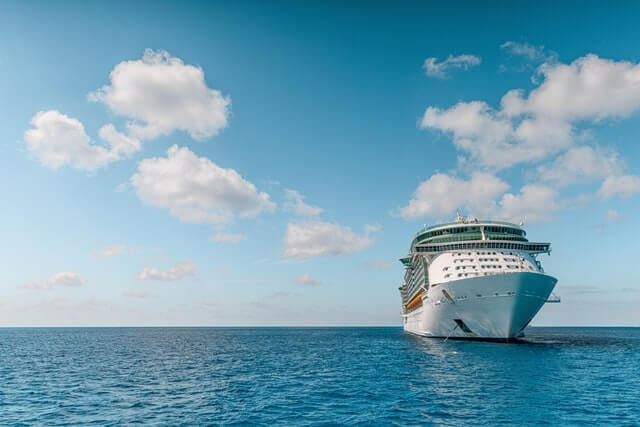Going Abroad and Boating Accidents

Table of Contents
Whether you are on the water for travel, work or pleasure, it is good to know that safety is the number one priority for vessel operators. However, things can and do go wrong. For example, this year 28 people died after their sightseeing boat capsized on the Danube. A month later, a 13-deck cruise ship crashed into a canal wharf and tourist boat in Venice, injuring five.
Setting aside these headline-grabbing boating accidents, there are many more common types of boat accidents, which may be more low-key but impact victims just the same. This month, we heard about INXS guitarist Tim Farris who lost a finger in a boating accident in 2015. The injury impacts on his ability to make a living. He said, ‘I don’t know if I will be able to play properly again’.
Common causes of boating accidents
All vessels including ferries, cruise-liners and boats must comply with health and safety legislation. Most accidents can be avoided with adequate safety, training and planning. Sadly, yet inevitably, accidents often arise from the most mundane causes. Outlined below are a few of the many causes of boating accidents throughout the world.
- Inexperienced crew: just like driving a car well, operating a boat requires practice and experience. Inexperienced crew are more likely to make mistakes are less likely to skillfully manage emergency situations.
- Inappropriate speed: again, just like driving, boating speeds should be adapted to their environment. Busy waterways will have slower speed limits to ensure that the operator has time to react to obstructions. In open water, the current, time of day and tide will need to be considered when determining a safe speed.
- Failure of equipment: all machines must be properly maintained to ensure that they operate safely and as they are designed to. Boats are no different. It is no good discovering during an emergency, that vital equipment is faulty.
- Disregarding weather warnings: poor visibility, changes of wind direction and storm warnings should be noted and acted upon. A sudden change in the weather could cause a small boat to capsize.
Other causes of injury caused by boat accidents may be due to slips, falls, trips, scalding from hot liquids or vapour, being struck by loose luggage and equipment and any other number of ways.
The Athens Convention and the 2002 Protocol
The 1974 Athens Convention and its successor, the 2002 Protocol are agreed European Union regulations to do with the liability of water-going vessels and their insurers, and the values of any compensation awards.
Under the 2002 Protocol, vessels licensed to carry more than 12 passengers must hold liability insurance. In addition, the liability limits were also raised for death and personal injury, to between SDR 250,000 to SR 400,000 depending on circumstances. Finally, it was determined that an advance payment must be made to a victim or their family, to cover any financial shortcomings in the immediate aftermath of a death or injury.
Proof of liability
For a higher value claim to be successful, liability must be proven. This means that intentional fault must be attributed to the vessel company. This liability is not always clear or proven in court, despite obvious deaths or injuries. Last month, a Paris court rejected a compensation claim rising from the sinking of an Estonian ferry in 1994, in which 852 people were killed. More than 1000 survivors and the relatives of the victims were seeking £36 million in compensation.
An investigation found that the locks on the ferry’s front door had breached under the force of the waves, resulting in flooding of the car deck, but the French court determined that compensation claims were not lawful as there was no attributable intentional fault.
Can you claim compensation for your boat related injury?
The ins-and-outs of claiming compensation for an injury arising from an accident on board a vessel can be tricky, depending on the cause of the accident and where in the world it happened and whether the boat was moored or not.
It could be that you are covered under the Athens Convention and the 2002 Protocol or that you fall under the jurisdiction of a particular country. For this reason, it is strongly advised that you speak to an informed, specialist lawyer as soon as possible if you think you may have a valid claim.
Time-limits for claiming
Another reason for getting specialist help quickly is that there will be a time limit for claiming compensation. Depending on the circumstances, you may be required to initiate a claim within two years of the accident occurring, while in other circumstances, you could have three years.
Share this article